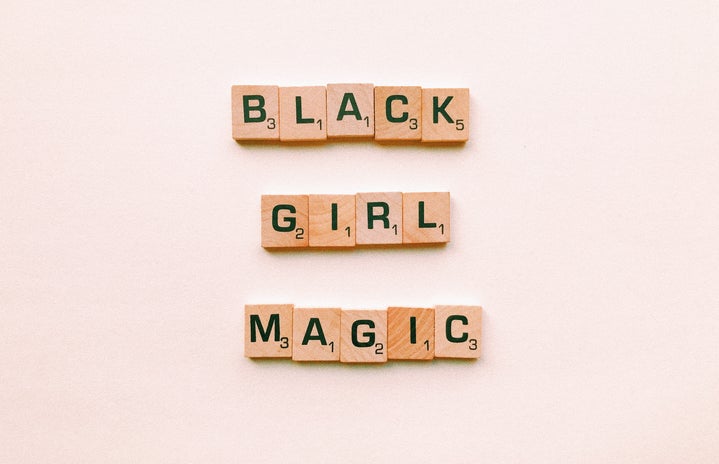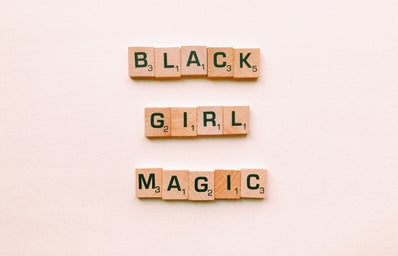As Black History Month comes to a close, many of us have spent the month reflecting on Black women’s contributions to society, as well as the influence and power that we possess. We, Black women, have always prevailed despite the immeasurable odds created by racism and sexism and managed to achieve extraordinary things and prove our tenacity, strength, and brilliance to those who tried to bring us down.
As a result of generations of Black women having to fight systemic racism on a regular basis, we have developed a Superwoman persona to cope with the stress that comes with heavy discrimination. While projecting ourselves as strong, independent, and fearless can bring us a sense of empowerment, there are many ways this ‘strong black woman persona’ can be damaging to ourselves and other Black women.
For hundreds of years, Black women have had to endure the worst of systemic oppression in American society, leading to most Black women having to develop armor to move about the world and cope with everything we go through. While this armor has proven to help us overcome hardships, it can take a toll on our mental health. Far too often, Black women suffer in silence due to the harsh stigmatization of mental health issues in the Black community in addition to the Superwoman persona already pushed upon us.
Although rates of depression are twice as high in women than in men, Black women are only about half as likely to seek care according to an article published by The Psychiatric Times. When you account for the fact that according to a 2013 study by the National Alliance on Mental Illness (nami.org) that 63% of Black people believe that a mental health condition is a sign of personal weakness, the impact stigma has in our community is obvious.
In addition to the stigmatization of mental health conditions among the Black community, in particular Black women, socioeconomic factors, such as poverty and lack of access to adequate healthcare, brought on by decades of systemic injustice, also disproportionately affect Black women. As of 2019, according to a study done by the National Partnership For Women and Families, (nationalpartnership.org), nearly 14% of Black women are uninsured, compared to only 8% of white women.
In addition, only 2% of psychiatrists in the US are black, creating another hurdle in the lack of competent mental health care for Black women. While police brutality has been an issue targeting our community for generations, in the last two years, specifically in the wake of the uprisings following the death of George Floyd in May of 2020, has left many Black women in a high state of anxiety as they had to fear their safety, as well as the safety of their loved ones.
Being the backbone of society and having the bear the weight of the ugly side of America for centuries, Black women have undoubtedly had to dodge every curveball thrown at us and have managed to accomplish incredible things despite police brutality, socioeconomic discrimination, and healthcare inequities, just to name a few.
The one thing we have not collectively overcome is recognizing the importance of taking care of and talking about your mental health, and overcoming the notion that seeking help or experiencing symptoms of a mental condition makes you ‘weak’ or ‘crazy’. The truth is, opening up about what’s going on in your mind takes courage, and we Black women owe it to ourselves to take care of our mental health.


